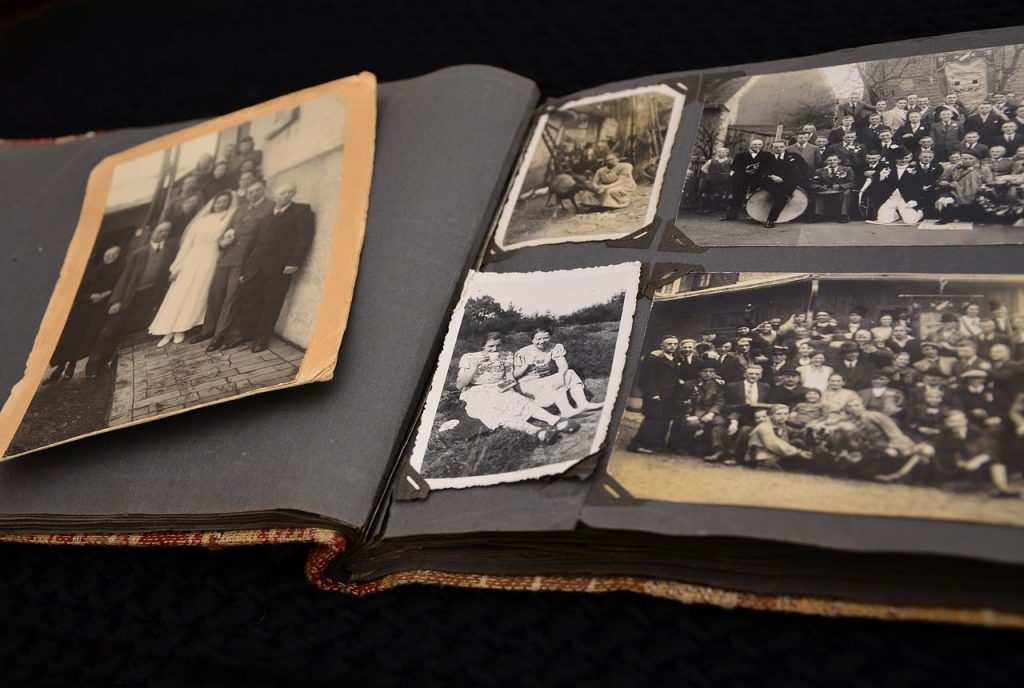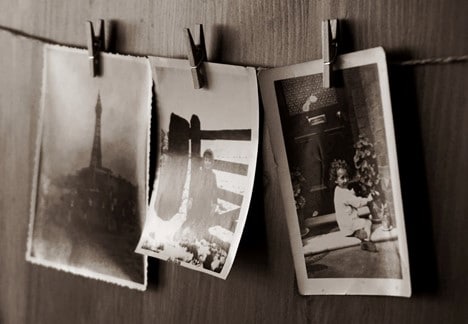Writing an autobiography is both rewarding and challenging.
Writing a book about your own life experiences and the people who have played a part in them is a worthwhile—but sizeable—undertaking.
As with any major project, the toughest part is getting started.
When you consider your imagined book project as a whole, it can look huge, like the proverbial “elephant.” And the proverbial question “How do you eat an elephant?” applies. So does the familiar answer: “One bite at a time.”
As with any analogy, this one needs to become practical to be useful. In other words, the “bites” must become action steps that can be taken.
How to write an autobiography?
Here are some of the steps in autobiography writing:
- Determining an overarching theme for your story. What is the gist of the message you want your autobiographical work to convey? When a reader closes the back cover, what is it they’ll take away, carry with them, and in some way apply to their own situation? Nailing this down sets a trajectory for your entire project and gives it purpose.
- Thinking through the phases and highlights of your life. Time periods, locations, events, people, decisions, and rear-view perspectives. Because nobody’s recall is perfect and each person’s perspective is limited, research is part of this process. Research methods include interviewing living relatives and friends, recording their memories and yours, and gleaning information from letters, photos, public records, and reference materials. When all this information is collected, it forms the basis for written content that gels together to become your personal story.
- Developing a structure for your book. Creating an initial autobiography outline or table of contents is important to provide the “skeleton” that will be fleshed out with details and woven together to form your book’s narrative. This requires some thinking about the logical dividing lines—or turning points—within your story. If it were a miniseries for TV, at which junctures would each episode begin and end? Your answers will form the basis for your book’s structure—a flexible structure that may undergo some changes as more information and insights emerge during the project.
- Writing each chapter. Each is written to tell a piece of your story, bringing together your memories, thoughts, and reflections and those of others in your life, plus research findings. There’s some skill involved with integrating these pieces of information and making it flow as an absorbing, readable tale that conveys your theme.
- Getting one or more objective readings of your manuscript by uninvolved parties. This step can’t be overemphasized, because you need to know how a first-time reader or readers will understand the content and react to it. You, of course, are familiar with your own story, but unless they’re family members, they’re not. (And even family members have different memories or remember the same events differently.)
- Editing, proofreading, and revisions. Because you want your book to shine, to be the best it can be, it needs editing for completeness, cohesiveness, and flow. And in this process, some changes (revisions) will probably be made. This is true of every book of every genre, including biography and memoir. The same is true for proofreading to catch grammar and spelling errors (That’s not to say your quotations must use perfect grammar—no one speaks that way!).
- Having your book published/shared. How wide an audience do you want for your story? Answering that question will help lead you to the right place to have your book printed and/or shared digitally. There are self-publishing firms that can help you do both. And, if you use a ghostwriter, they may be able to connect you to one they work with.

Autobiography Versus Memoir: Not the Same, but similar
Autobiographies and memoirs have similarities. They’re both accounts of the life events, interactions, relationships, and thoughts of an individual. They also have differences, including important ones involving scope and historical accuracy.
Here, we compare and contrast the qualities of the two genres:
| Autobiography | Memoir |
| Similarities | |
| Written from a first-person perspective (“I”) and from the author’s point of view | Written from a first-person perspective (“I”) and from the author’s point of view |
| Non-fiction | Non-fiction |
| Retells the author’s life experiences, feelings, and thoughts | Contains some of the author’s life experiences, feelings, and thoughts |
| Differences | |
| An autobiography tells the entire story of the author’s life—the mundane as well as the pivotal points | A memoir Tells a limited part of the author’s life experience—usually involving a pivotal period of time or a specific event |
| Is chronologically structured | Does not require a chronological structure, but its structure must be cohesive for readability |
| Uses verifiable facts as well as the author’s thoughts, feelings, and opinions to form the narrative | Shares memories, as the name implies, present events from more of a subjective, emotional perspective than a factual one |
Using the chart above, you can decide whether the book you want to write will be an autobiography or a memoir. Ask: Do I want to tell my audience about my whole life’s journey or give insights into a particular time period or event that was part of my life? Do I want to write a chronological narrative or be freer to move around chronologically? Will my book be more factual or more feeling-oriented?

Ghostwriters: Hired Helpers Who Make You an Author
Returning for a moment to the elephant analogy and considering the size of the literary “creature” in question, you might decide your appetite for taking on a book project is not quite elephant-sized.
You could use some help from someone who has not only the appetite but also the time and the well-honed research and writing skills to help you get your project in motion.
This is where a ghostwriting team comes in. The team does the research and writing, but you alone are named as the book’s author and will get all the credit and rights to it.
The Writers for Hire’s ghostwriters have completed many clients’ biographical books. For example:
- An autobiography of a female Texas oil company executive that was a story of life, career, and love.
- A grandfather’s autobiography from his depression-era childhood through marriage, family, and vocation.
- The autobiography of a German war bride that required several days of onsite interviews.
- An inspirational medical memoir of a struggle with illness and search for diagnosis through recovery.
- Other memoirs about childhood and formative years, traveling, education and career, traumatic events, addiction and recovery, historical and spiritual experiences, and more.
Why You Should Hire a Ghostwriter for Your Autobiography
You’ll want to choose a ghostwriting team you’re compatible with—one that you’ll enjoy working with for a significant amount of time, discussing your whole life.
You have goals and questions, and a capable writing company cares about both. Its ghostwriters are glad to visit with you and spend the time needed to interview and listen carefully to you and the people who know you best.
As your theme emerges, the team can help define it and then organize a logical outline or table of contents around it.
While writing your manuscript, your ghostwriting team stays in touch and ensures all that’s important to you about every phase and aspect of your life is included. If historical research is needed to provide context for the narrative or to verify dates, it’s done as part of the job.
Your thoughts, feelings, perspectives, and reflections are also vital elements that are interwoven with the narrative.
If you request changes after your review, your writing team makes them. You always know the status of your project, and when it comes time to publish, an experienced writing company can help with that, too.
Why You Should Hire a Ghostwriter for Your Memoir
With its tighter focus on a specific event or time period, memoir writing can be somewhat intense. There’s a real advantage in having a professional ghostwriting team help you recall circumstances that may be hard to talk about. Your team can give you tips to help with recall and will always listen carefully and carefully.
Once you’re past the recall “hump,” team members help narrow your theme, organize your sections or chapters, and do any necessary research about the time period and concurrent events, culture, or anything else that will make your book a more complete, in-depth account.
Then comes the writing.
Throughout the process, from interviews through revisions, the communication lines stay open. Competent ghostwriters want to understand what makes this book important to you and to your audience and adopt your priorities during every phase.
As with autobiography, a writing company with connections can help with getting your book published or distributed.
The bottom line is this: Creating an autobiographical book isn’t simple, but it may be one of the most worthwhile things you ever accomplish.









































